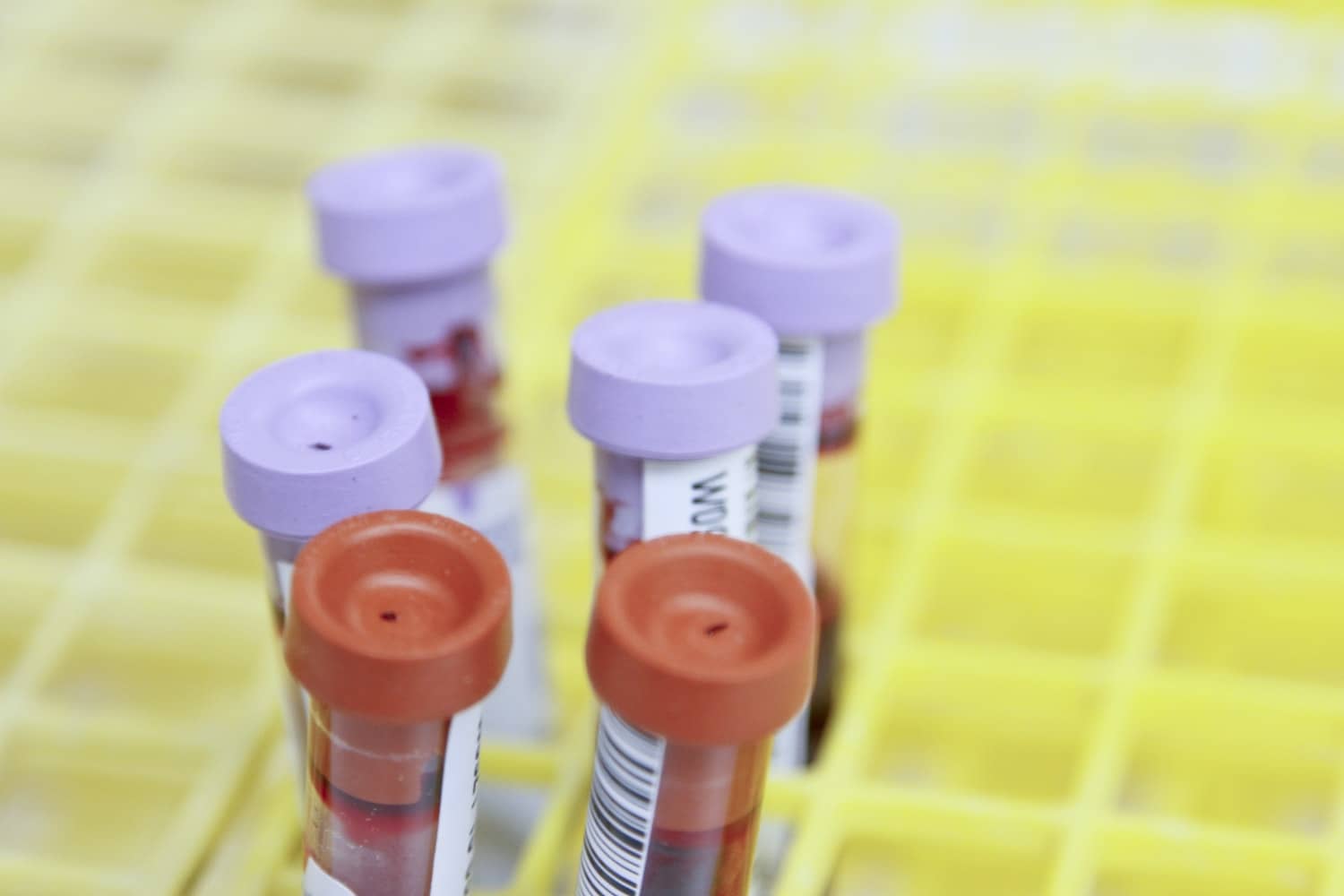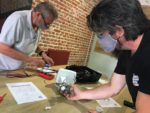The Isle of Wight NHS Trust has only got a ten-day supply of blood bottles due to the national shortage.
The trust says, however, it is being well managed having achieved better usage of the stock it currently has, although fewer than expected bottles are being delivered.
Shortage of tubes
Suppliers of blood bottles to the NHS, Becton Dickinson, had alerted the health services to a shortage of its tubes last month which ultimately resulted in the temporary stopping of all non-urgent tests.
The shortage has been blamed on supply chain issues caused by the testing of Covid patients and the continuation of routine tests, leading to increased demand.
Overall supply likely to remain challenging
In a letter to all health services affected, NHS England and NHS Improvement said it is anticipated the position will improve from mid-September, but the overall supply is likely to remain challenging for a significant period.
Alternative products are being sought but it would take time to import the products and deliver them in the volume that is required.
Reduce demand
The letter said it was important and urgent that demand is reduced as much as possible, including the halting of blood testing in primary care and the community until 17th September, except for clinically urgent testing.
Acute and mental health trusts were also told they must reduce their demand by a minimum of 25 per cent in the three-week period up to 17th September.
Parker: Ten per cent reduction in number tests undertaken
Steve Parker, the medical director of the Isle of Wight NHS Trust, said they had been asked to do add on tests from previously-stored samples, rather than taking further specimens.
Speaking at the trust’s board meeting, Dr Parker said,
“Over the last couple of weeks this has been an ongoing issue, we have been able to demonstrate a ten per cent reduction in the number of bottles and tests undertaken.
“We have achieved better usage of the bottles we had by circulating stock to make sure it does not go out of date.”
Despite the issues with delivery, Dr Parker said they seem to have a good grip on the situation and are able to manage.
This article is from the BBC’s LDRS (Local Democracy Reporter Service) scheme, which News OnTheWight is part of. Read here to find about more about how that scheme works on the Island. Some alterations and additions may have been made by News OnTheWight. Ed
Image: National Cancer Institute under CC BY 2.0





